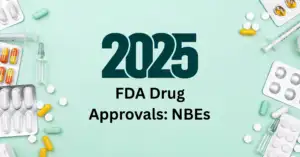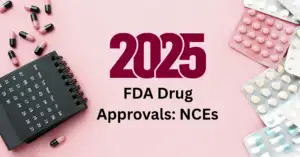Direct-to-patient shipments, also known as direct-to-consumer or direct-to-patient delivery, are the processes of delivering healthcare supplies or pharmaceutical products directly to the patients under a specific bonafide scheme. Direct-to-patient shipments have received a lot of attention in recent years, thanks to technological improvements, changes in healthcare legislation, and a growing need for personalized and patient-centric care.
Below are some important facts about shipments made directly to patients:
- Convenience and Availability: DTP shipments make it easier for patients to receive care, particularly those with chronic illnesses, restricted mobility, or who live in rural locations. Direct to patients’ delivery allow patients not to travel or stand in a pharmacy line to get their drugs and healthcare supplies.
- Online Purchasing: Patients can place orders on specialised websites or online ordering platforms for DTP shipments run by pharmacies, healthcare organisations, or specialized businesses that offer direct to patient services.
- Prescription verification: It is usually required for DTP shipments of prescription drugs in order to assure patient safety and legal compliance. Before the shipment is handled, verification procedures could be in place to ensure that the prescription is legitimate.
- Specialty drugs: DTP shipments are especially helpful for speciality pharmaceuticals used to treat difficult-to-treat or rare illnesses. Special handling, storage, or administration instructions are frequently needed for some drugs. Healthcare practitioners can make sure that patients receive the right instruction and assistance by giving them to them directly. Such specialty medicines are provided direct to patient services as a part of named patient programs, post-trial access to the medicinal products as well as being a part of the ongoing clinical trial.
- Medical devices: Devices such as insulin pumps, continuous glucose monitors, or respiratory apparatus, may also be shipped directly to patients together with their prescription drugs. These devices can be delivered right to patients’ doors, along with instructions on how to use and care for them.
- Cold Chain Management: In order to maintain the potency and quality of some medications, such as vaccines, biological products, or specific specialty drugs, temperature-controlled shipment is necessary. Cold chain management techniques are frequently used in DTP shipments of temperature-sensitive goods to protect the products’ integrity while in transit.
- Patient Education: To guarantee that patients have a thorough understanding of their illness, medication prescribed, patient education is very important. Educational materials as well as at times, a visit by the health educator (nurse/ social worker) is provided directly to the patient as well as to the caretakers. This educational material includes general information about the disease, treatment prescribed, dosing instructions, and other pertinent information. This enhances drug adherence and patient compliance.
- Remote Monitoring: DTP shipments can be combined with technologies for remote monitoring in clinical trials, named patient programs, and post-trial access. Remote monitoring enables medical professionals to follow patients’ health indicators from a distance. This method permits prompt treatment plan modifications and proactive interventions.
- Adverse Event Reporting: Patients can report the appropriate healthcare provider of any unexpected or unpleasant drug reactions they have experienced through the direct to patient drug distribution process.
- Privacy and Data Security: DTP shipments involve the exchange of personal health information. It is crucial for healthcare providers and providers of direct to patient services to maintain strict privacy and data security measures to protect patient confidentiality and comply with applicable regulations.
In general, direct-to-patient (DTP) shipments provide a practical and patient-centric method of healthcare delivery, allowing patients to get their prescription drugs and healthcare items in a timely and accessible way.





